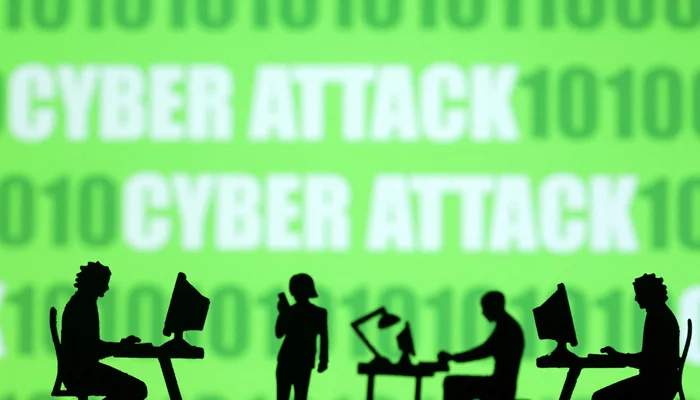
HEC Issues Urgent Cybersecurity Alert Amid Rising Threats
The Higher Education Commission (HEC) of Pakistan has issued a nationwide advisory warning of an alarming increase in cyberattacks targeting educational institutions, students, and the general public. This surge in cyber threats has been attributed to both domestic and international actors exploiting vulnerabilities in Pakistan’s digital infrastructure.
Escalating Cyber Threat Landscape
Recent reports indicate a significant uptick in cyber incidents across various sectors in Pakistan. In 2024, the financial sector experienced a 114% rise in banking and financial malware attacks compared to the previous year. Additionally, spyware attacks surged by 63%, compromising sensitive data and posing serious privacy concerns . Phishing attempts also saw an 18% increase, with cybercriminals impersonating reputable brands to deceive users .
The HEC’s advisory highlights that these cyber threats are not limited to financial institutions but have extended to educational platforms, research databases, and student portals. Hackers are employing sophisticated tactics, including phishing emails, fake websites, and malware-laden attachments, to gain unauthorized access to personal and institutional data.
HEC’s Recommendations for Mitigation
In response to the escalating cyber threats, the HEC has outlined several measures to enhance cybersecurity:
- Awareness Campaigns: Educational institutions are urged to conduct workshops and seminars to educate students and staff about recognizing and avoiding cyber threats.
- Strengthening Authentication Protocols: Implementing multi-factor authentication (MFA) for accessing institutional systems to add an extra layer of security.
- Regular Software Updates: Ensuring that all systems and applications are up-to-date with the latest security patches to protect against known vulnerabilities.
- Monitoring and Reporting: Establishing dedicated teams to monitor for suspicious activities and promptly reporting any incidents to the relevant authorities.
- Collaboration with Cybersecurity Agencies: Cooperating with national bodies like the Pakistan Computer Emergency Response Team (PKCERT) and the National Centre for Cyber Security (NCCS) to stay informed about emerging threats and best practices .
Public Awareness and Vigilance
The HEC emphasizes the importance of public awareness in combating cyber threats. Students and faculty members are advised to be cautious when receiving unsolicited emails or messages, especially those requesting personal information or login credentials. Additionally, individuals are encouraged to verify the authenticity of websites before entering sensitive information and to avoid downloading attachments from unknown sources.
The HEC’s advisory also underscores the need for a collective effort in strengthening cybersecurity measures. By fostering a culture of vigilance and proactive security practices, educational institutions can better protect themselves against the growing tide of cyber threats.
Conclusion
As cyber threats continue to evolve, the HEC’s proactive stance serves as a crucial step in safeguarding Pakistan’s educational sector. By implementing the recommended measures and promoting cybersecurity awareness, institutions can mitigate risks and ensure a secure digital environment for all stakeholders.







